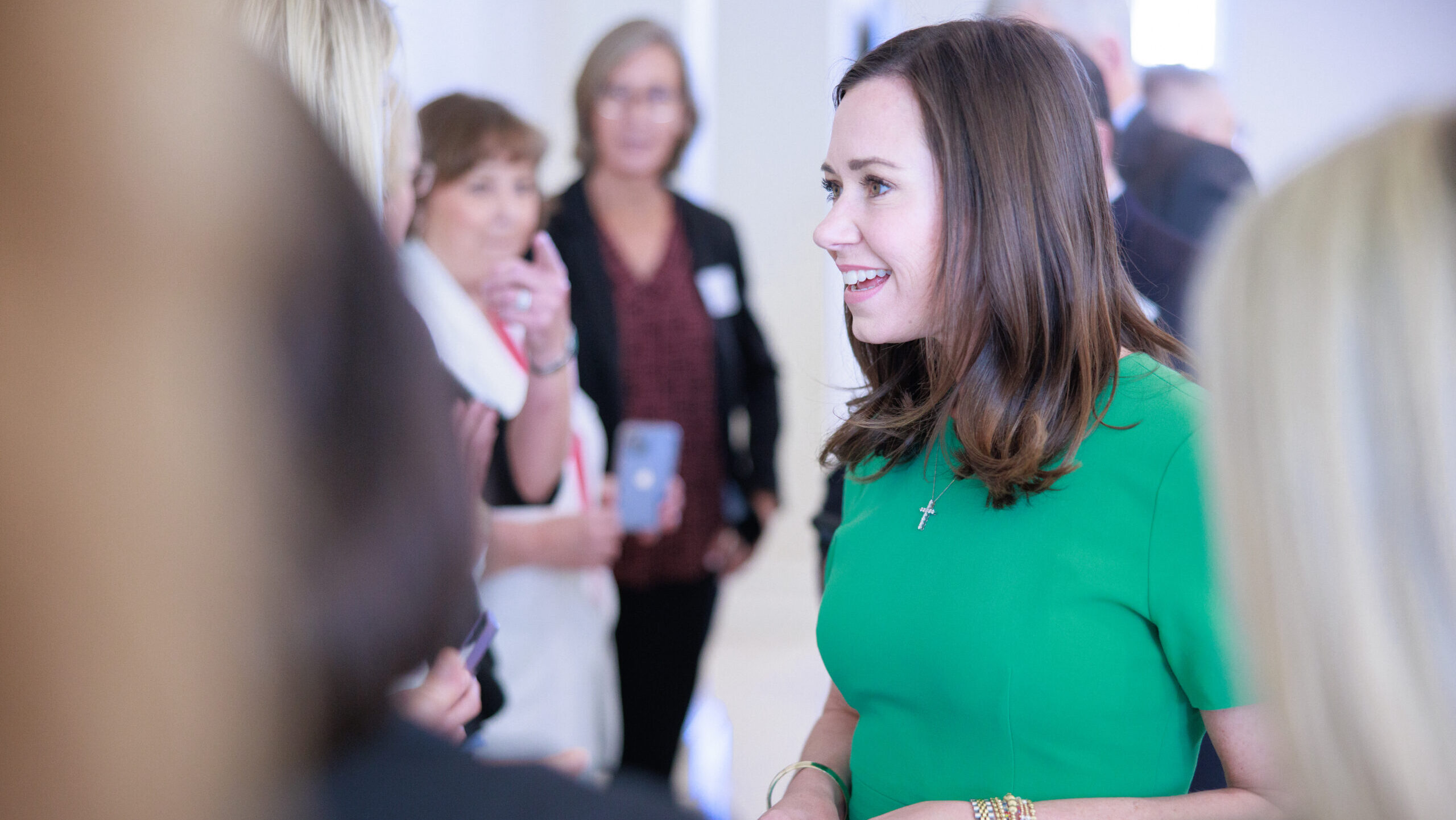|
Getting your Trinity Audio player ready...
|
In an enlightening roundtable at the University of Alabama, prominent figures including U.S. Sen. Katie Britt of Alabama, U.S. Sen. Bill Cassidy of Louisiana, and Dr. Laura Cassidy, a notable board member of the Dyslexia Resource Center, convened with participants of the University’s esteemed Certified Academic Language Therapist (CALT) program. This significant event underscored a vital narrative: an estimated 20 percent of Americans live with dyslexia, a figure that brings to light the pressing need for specialized educational strategies.
The gathering shone a spotlight on dedicated K-12 educators from across Alabama who are part of the CALT initiative, providing them a platform to share their invaluable insights and successes in aiding students with dyslexia. Their stories are not just narratives of challenges; they are testimonies of triumph and transformative impact, illuminating the profound difference that specialized training can make.
Dr. Carol Donovan, the director of the UA CALT program, emphasized the far-reaching benefits of the initiative, stating, “The teacher expertise makes a real difference, and this kind of program can impact not only children with dyslexia, but also the teacher instruction — from reading coaches who are getting this expertise down to the children.” It’s a clear testament to the program’s potential to revolutionize educational approaches for students with dyslexia.
The CALT program, a brainchild of the university’s partnership with the Dyslexia Resource Center, stands as a beacon of innovation in teacher development. It offers rigorous pathways to certification for educators dedicated to specializing in dyslexia, ensuring that they are armed with the most effective tools and strategies to support their students.
Sen. Bill Cassidy, reflecting on the essence of the roundtable, pointed out the significance of learning from those directly engaged in the educational frontlines. “We’re here to highlight, to celebrate and to learn from people who are actually in the trenches,” Sen. Cassidy said. “How is this program working for you? And, how, on a federal level, can we learn from you to augment your success?” He noted, emphasizing the importance of leveraging these insights to inform federal strategies that support educational success.
The dedication required from the teachers in the program is substantial, with a mandate to complete 700 hours of practicum work before qualifying for the certification exam. The anticipation is building as the first cohort of educators is set to graduate in May, marking a milestone in the program’s journey.
Sen. Britt captured the essence of the CALT program’s impact, noting, ““This program not only helps students, but helps other teachers understand the tools and innovation that are out there and the science that supports it, so that they can take what they’ve learned back to their communities and change the trajectory of children’s lives,” said Sen. Britt. “There is a reason we say the University of Alabama is Where Legends Are Made, and I know that this program will be at the top of that list.” their communities and change the trajectory of children’s lives.”
The University of Alabama, known for creating legends, may well be adding another laurel to its legacy with the CALT program, underscoring its commitment to shaping a future where every child, irrespective of their learning differences, has access to the tools and support they need to thrive.




















































